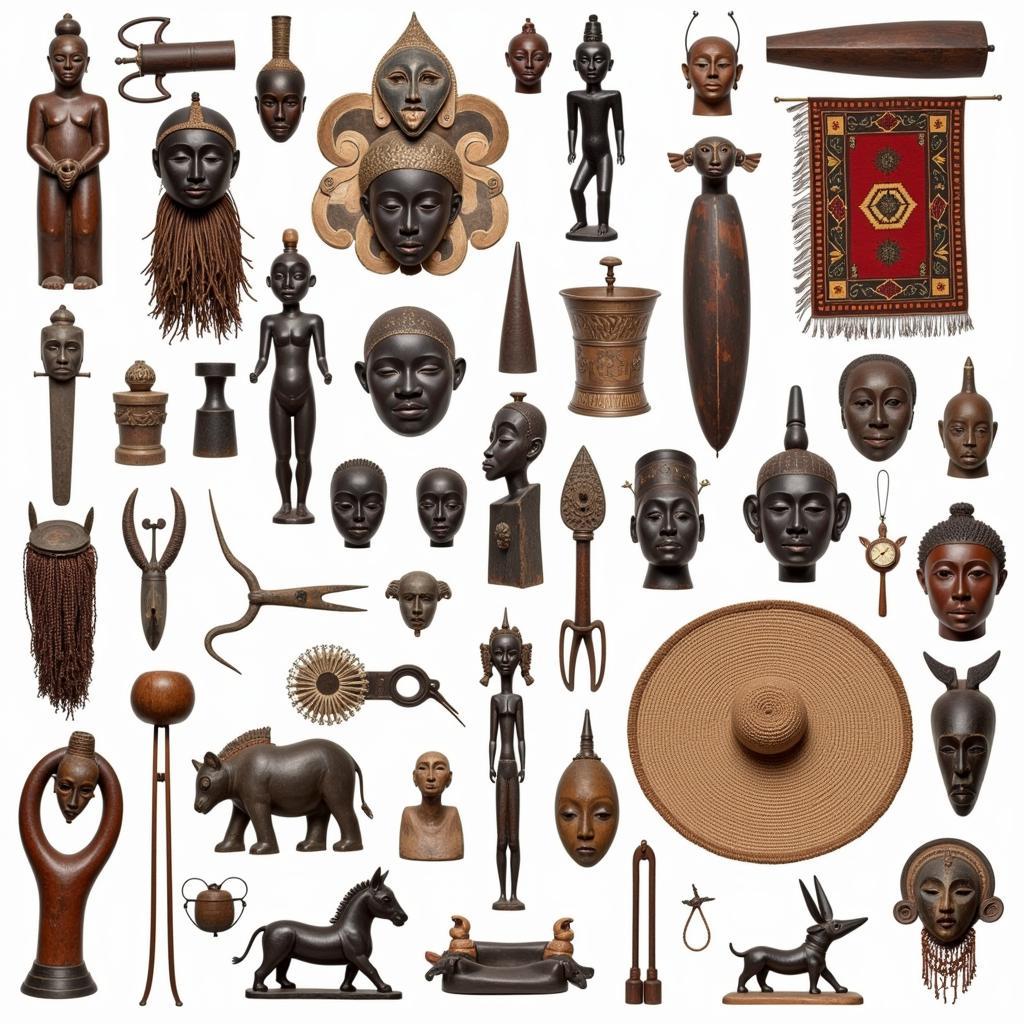Why is My African Grey Parrot Biting Everything?
Your African Grey Parrot Is Biting Everything, and you’re at your wit’s end. This is a common problem with these intelligent and sometimes temperamental birds. Understanding the reasons behind this behavior is the first step towards solving it. From environmental factors to underlying medical issues, we’ll explore the various causes and provide effective solutions to help you and your feathered friend live together in harmony.
Understanding Your African Grey’s Biting Behavior
African greys are not naturally aggressive birds. Their biting behavior is almost always a form of communication, a way of expressing their needs, anxieties, or frustrations. It’s crucial to recognize that biting isn’t usually a sign of malice but rather a symptom of a deeper issue. Perhaps your parrot is feeling threatened, territorial, or simply seeking attention. Let’s delve into some of the most common reasons why your African grey might be resorting to biting.
One possible reason is fear. New environments, unfamiliar people, or sudden movements can frighten your parrot and trigger a defensive bite. Another common trigger is hormonal changes. During breeding season, African greys can become more aggressive and territorial, leading to increased biting.
Common Reasons for Biting and Their Solutions
Identifying the underlying cause of your African grey’s biting is crucial for finding the right solution. Here’s a breakdown of common reasons and how to address them:
- Fear and Anxiety: If your parrot is biting out of fear, create a safe and predictable environment. Avoid sudden movements and loud noises. Introduce new people and objects gradually. Consider providing a safe space, like a designated cage or perch, where your parrot can retreat when feeling overwhelmed.
- Territoriality: African greys can become protective of their cage, toys, or even their favorite person. Respect their space and avoid encroaching on their territory without warning. Provide plenty of enrichment to keep them occupied and less likely to guard their belongings.
- Hormonal Changes: During breeding season, African greys experience hormonal fluctuations that can make them more aggressive. Consult with an avian veterinarian to discuss potential solutions, such as hormonal therapy or environmental adjustments.
- Lack of Stimulation: Boredom and lack of mental stimulation can lead to destructive behaviors, including biting. Provide a variety of toys, foraging opportunities, and social interaction to keep your parrot engaged and entertained. You could also try training your parrot with positive reinforcement techniques.
- Medical Issues: Underlying medical conditions, such as infections or nutritional deficiencies, can cause discomfort and lead to biting. If you suspect a medical problem, consult with an avian veterinarian immediately. Regular checkups are essential for maintaining your parrot’s health and well-being.
Preventing Biting: Proactive Strategies for a Happy Parrot
Beyond addressing specific causes, proactive measures can help prevent biting altogether. These strategies focus on building a positive relationship with your parrot and establishing clear boundaries:
- Positive Reinforcement: Reward desired behaviors, such as stepping up or playing gently, with treats and praise. This encourages your parrot to repeat these actions instead of resorting to biting.
- Consistent Training: Regular training sessions help your parrot learn appropriate behavior and understand expectations. African grey parrot care is essential. Consistency is key to success.
- Socialization: Expose your parrot to different people, sounds, and environments in a controlled and positive manner. This helps them become more adaptable and less likely to bite out of fear or anxiety.
- Proper Nutrition: A balanced diet is crucial for your parrot’s physical and mental health. Nutritional deficiencies can contribute to behavioral problems, including biting. Consult with an avian veterinarian for advice on a suitable diet. You may want to learn about an african grey parrot beak to understand their feeding habits.
Dr. Ava Thompson, a renowned avian veterinarian, emphasizes the importance of early socialization: “Exposing young African greys to a variety of stimuli can significantly reduce the likelihood of fear-based biting in adulthood.”
Conclusion: Building a Strong Bond with Your African Grey
Addressing your African grey parrot’s biting behavior requires patience, understanding, and a commitment to meeting their needs. By identifying the root cause of the biting, implementing appropriate solutions, and focusing on positive reinforcement, you can create a harmonious environment for both you and your feathered companion. Remember, biting is often a cry for help, not an act of aggression. By learning to understand your parrot’s language, you can strengthen your bond and enjoy a fulfilling relationship for years to come. If you’re considering getting a young bird, it’s helpful to understand what a 3 month old african american grey bird looks like and its needs. You might also be interested in learning about african grey breeding behavior. Or if you are looking for a specific quality, consider exploring options for a grade quality african grey parrot.
FAQ
- Why does my African grey bite me when I try to pet it?
- How can I stop my African grey from biting strangers?
- Is it normal for African greys to bite during breeding season?
- What kind of toys can help prevent my African grey from biting?
- When should I consult a vet about my African grey’s biting behavior?
- Can training help reduce biting in African greys?
- How can I create a safe and enriching environment for my African grey?
If you need further assistance, please contact us at Phone Number: +255768904061, Email: kaka.mag@gmail.com or visit us at Mbarali DC Mawindi, Kangaga, Tanzania. We have a 24/7 customer service team.

